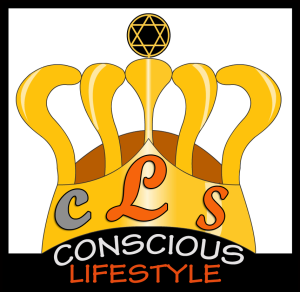Blog
Constantine corrupts the church of Christ and draws it away from keeping the Sabbath.
- October 21, 2012
- Posted by: admin
- Category: Uncategorized
 Passover was still celebrated by the Gentile Christian church, but the Gentiles began to see a need to differentiate “their” Passover from the Jewish Passover. The bishops decided to move the Christian celebration of Passover to the first Sunday after the Jewish Passover (in most years).
Passover was still celebrated by the Gentile Christian church, but the Gentiles began to see a need to differentiate “their” Passover from the Jewish Passover. The bishops decided to move the Christian celebration of Passover to the first Sunday after the Jewish Passover (in most years).
The Jewish Passover always falls on the 14th day of Abib (Nissan), which can fall on any day of the week. Centuries later, the very name of Passover (or Pesakh) also became distasteful to the Gentile church, and terms such as Easter (the name of a pagan goddess) were adopted by the increasingly paganized church. Occasionally, as in 1989, the Christian observance of Easter is almost a month before Passover.
The first edict in favour of the ‘Venerable Day of the Sun” (Sunday) was made at the Council of Nicea. Until this time, both Christian and Jew generally observed the seventh day Sabbath, according to the Biblical commandment.
Civil legislation enforced the decrees of the Council of Nicea. This was a victory over the truth by civil legislation. Constantine, as emperor, presided over the entire council. The decisions of the 318 church bishops were endorsed by civil law and backed by military power.
The churches which flourished in worldly wealth were the primary churches represented by this Council. The poor and humble churches could not afford to send representatives over a thousand miles away. The Catholic Encyclopaedia says, “Some bishops, blinded by the splendour of the court, even went so far as to laud the emperor as an angel of God, as a sacred being, and to prophesy that he would, like the Son of God, reign in heavens.
Nicea, with its theological anti-Judaism, laid the groundwork for anti-Semitic legislation of later church councils. The Council of Antioch (341 CE) prohibited Christians from celebrating Passover with the Jews. The Council of Laodicea in the same century forbade Christians from observing the Jewish (and biblical) Sabbath.
Christians were also forbidden from receiving gifts from Jews or matzoh (Unleavened bread) from Jewish festivals and Apostolic Fathers.
